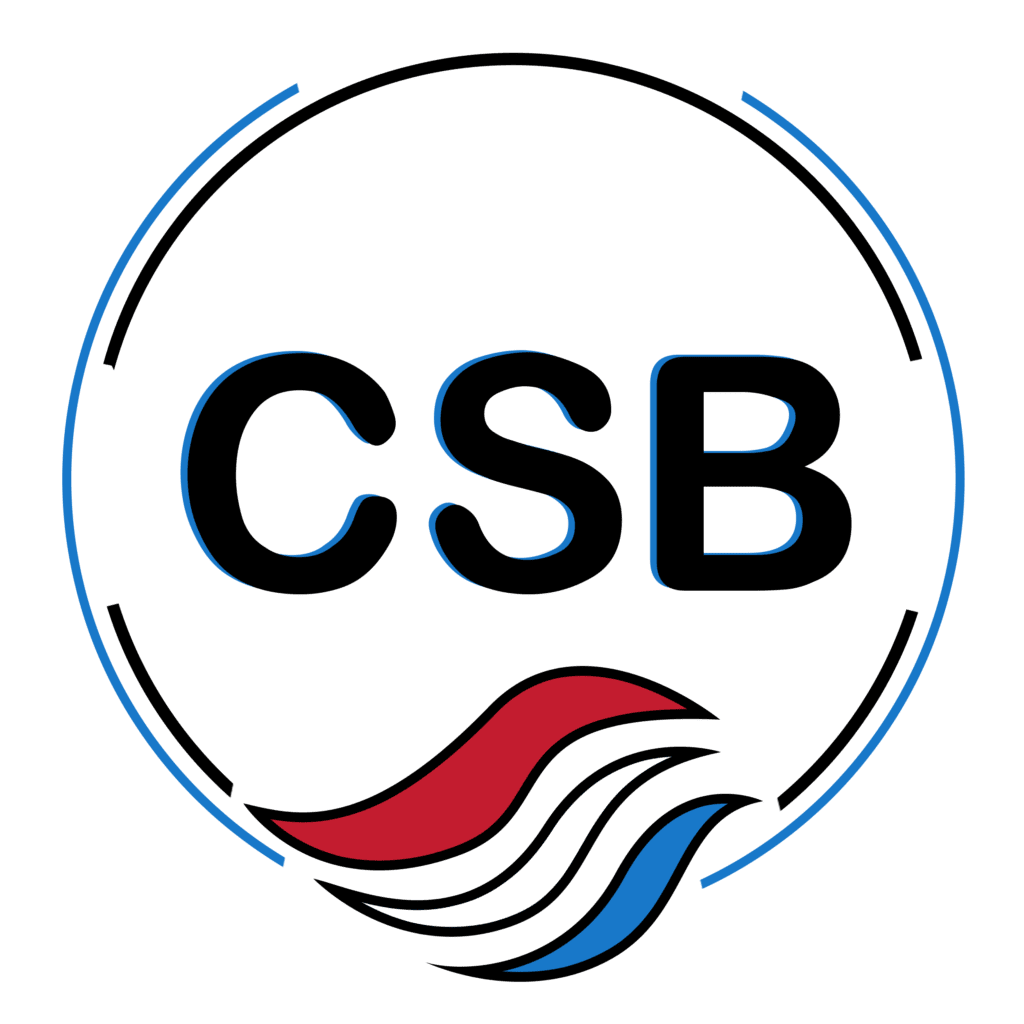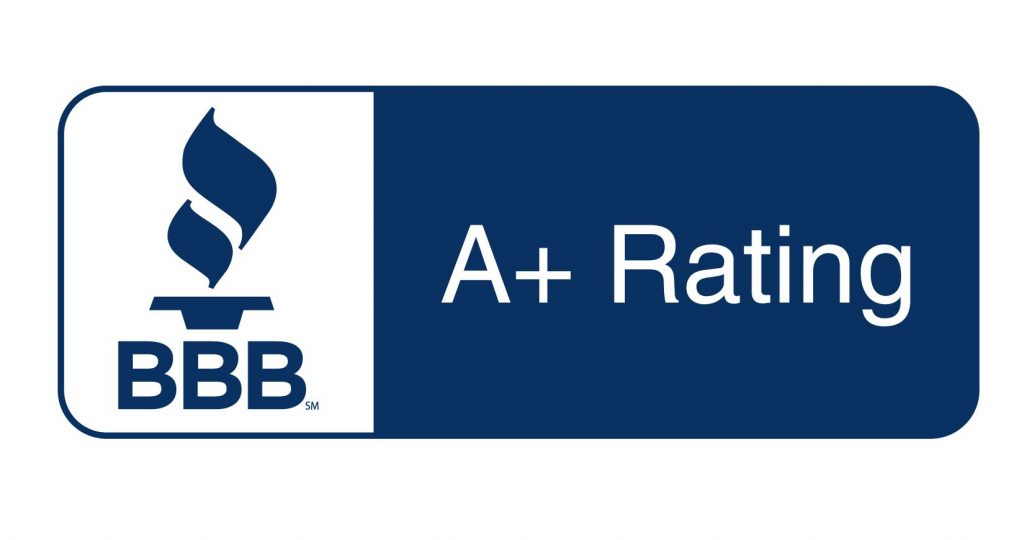Have you ever thought about the impact of Medicare on your finances? The program itself is inexpensive, but those out-of-pocket costs can really add up over time. Luckily, there are four tips you can follow to help lower these expenses.
Tip #1: Check If You Qualify for Medicaid
Medicaid is a program that is certainly familiar among many people, but what it offers can be quite confusing for some, especially when comparing it to a similar-sounding program, such as Medicare. While the two programs do have their differences, it is possible to have both Medicare and Medicaid at the same time. In fact, having Medicaid alongside your Medicare plan can help lower your monthly premiums, deductibles, and other out-of-pocket costs associated with Medicare.
By having both Medicare and Medicaid, you will be considered a dual-eligible beneficiary. Keep in mind that even though most of your medical costs will be covered by both of these programs, Medicaid will never pay first when it comes to covering Medicare-approved services. Medicaid will only pay its share after Medicare has paid its portion.
Tip #2: Check If You Qualify for a Medicare Savings Program
Medicare Savings Programs are designed to help Medicare beneficiaries pay for their premiums, deductibles, copayments, and coinsurance. There are a total of four programs that you may be able to qualify for as long as you meet their eligibility requirements.
Let’s go over these programs now.
Qualified Medicare Beneficiary (QMB) Program
This program will help cover Part A and possibly Part B monthly premiums. It also covers deductibles, copayments, and coinsurance.
To qualify for this program in 2021, you must meet the following income and resource requirements:
- Monthly income limit for individuals – $1,094
- Monthly resource limit for individuals – $7,970
- Monthly income limit for couples – $1,472
- Monthly resource limit for couples – $11,960
Specified Low-Income Medicare Beneficiary (SLMB) Program
This program will help pay for Part B monthly premiums.
To qualify for this program in 2021, you must meet the following income and resource requirements:
- Monthly income limit for individuals – $1,308
- Monthly resource limit for individuals – $7,970
- Monthly income limit for couples – $1,762
- Monthly resource limit for couples – $11,960
Qualifying Individual (QI) Program
This program will help pay for Part B monthly premiums, but you must apply for this program and its benefits each year. Acceptance is given on a first-come, first-served basis.
To qualify for this program in 2021, you must meet the following income and resource requirements:
- Monthly income limit for individuals – $1,469
- Monthly resource limit for individuals – $7,970
- Monthly income limit for couples – $1,980
- Monthly resource limit for couples – $11,960
Qualified Disabled and Working Individuals (QDWI) Program
This program will pay for Part A monthly premiums.
To qualify for this program in 2021, you must meet the following income and resource requirements:
- Monthly income limit for individuals – $4,379
- Monthly resource limit for individuals – $4,000
- Monthly income limit for couples – $5,892
- Monthly resource limit for couples – $6,000
You must also meet these specific requirements to qualify:
- You are under 65, disabled, and working
- You no longer have Social Security disability benefits due to returning back to work
- You no longer have premium-free Part A due to going back to work
- You do not receive medical assistance from your state
- You meet the income and resource requirements
Tip #3: Check If You Qualify for the Extra Help Program
By qualifying for the QMB, SLMB, or QI programs, you will be automatically qualified for the Extra Help program. However, if you’re not qualified for these programs, how will you be able to qualify for the Extra Help program? On top of that, what exactly is this program?
First things first, the Extra Help program helps Medicare beneficiaries pay for their prescription drug plan costs, which can include monthly premiums, coinsurance, and deductibles. It will also remove a Part D late enrollment penalty if you have one.
If you do not qualify for the Medicare Savings Programs previously listed that would automatically qualify you for the Extra Help program, there are other ways to qualify for this program.
For example, you will automatically qualify if you are enrolled in Supplemental Security Income (SSI) or Medicaid. You can also qualify if you meet the monthly income limits, which in 2021 is $1,630 for individuals and $2,198 for couples.
Tip #4: Learn Your Enrollment Periods!
This is a tip that you can even implement before you enroll in Medicare that will benefit you greatly in the long run. Learning when each enrollment period is and what you can do during those enrollment periods will ensure you receive the coverage you need at the right time, while also avoiding late enrollment penalties.
Enrolling in Medicare during your Initial Enrollment Period when you first become eligible will ensure that you won’t have to pay late enrollment penalties. These late enrollment penalties can be permanent and will be added to your monthly premiums, which is not ideal.
Taking advantage of the Annual Enrollment Period can also help you save on out-of-pocket costs. This is a yearly period that happens on October 15 and lasts through December 7. You can use this period to review your current coverage and the changes that will be made to your plan for the next year. If there are increases to the costs you will be paying for your plan, you can use Carolina Senior Benefits during this period to help you review cheaper Medicare plans in your area so you can switch to them.
Carolina Senior Benefits is Here for You—Call Us Today
At Carolina Senior Benefits, our overall goal is to make sure you have the coverage you need at a cost you can afford. If you are interested in learning more about these tips as well as other ways you can lower your out-of-pocket costs with Medicare, give us a call today!





